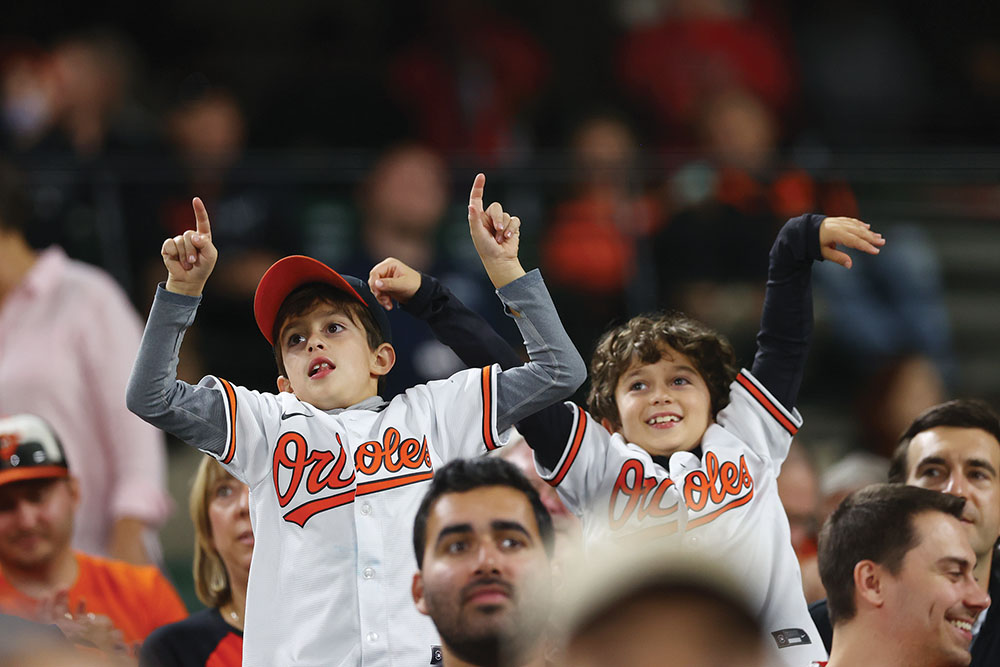One Saturday in 1999, I handed my husband a frozen latte and a honey-do list. It was his first time drinking coffee, and that list was cranked out in record time. I hadn’t figured myself a “pusher,” but he was immediately hooked. Now, we both drink coffee daily, though try as we may, that initial energy surge is never replicated. Our teen daughter loves coffee, too, and I’ll confess, I no longer monitor whether it’s decaf.
 Today, caffeine consumption among children and adolescents is common, and a variety of elements come in to play there. Peer pressure, perceived athletic performance enhancement and intended “treatment” for attention issues may be some reasons. Massive marketing campaigns for energy drinks, sodas and coffee chains are definitely another. Temptation and supply abound.
Today, caffeine consumption among children and adolescents is common, and a variety of elements come in to play there. Peer pressure, perceived athletic performance enhancement and intended “treatment” for attention issues may be some reasons. Massive marketing campaigns for energy drinks, sodas and coffee chains are definitely another. Temptation and supply abound.
What should parents know about kids and caffeine? I consulted with nutritionist Mandy Katz, who shared some perspective on the issue, both as Giant Food’s in-store nutritionist and as a health-conscious mom.
A legal drug
Availability is a major factor, as it makes caffeine consumption so easy today, according to Katz. Kids are getting a taste for caffeine, and they come to crave that buzz. “There is a real addiction to caffeinated beverages, just as with any other drug,” she warns. “And it leads to drug-like behaviors. Kids recognize that it isn’t good, so they hide it, and they feel guilty after overindulging.” Could caffeine dependence lead kids to try other drugs? It’s not that far-fetched — some young adults who no longer get a buzz from caffeine have been known to try friends’ ADHD medications for an energy boost.
“It would be interesting to study the possibility of caffeine as a ‘gateway’ drug,” Katz says.
Say “No” under 12
The American Academy of Pediatrics released a statement recommending that children under 12 should not consume caffeine, and kids ages 12 to 18 should limit daily caffeine intake to less than 100 milligrams (that’s about the amount in a cup of brewed coffee and only about a fourth or fifth of what adults may safely consume). The AAP also recommends that adolescents not drink energy drinks — where a single can or bottle could pack as much caffeine as a dozen sodas. Excess caffeine can lead to harmful effects on hearts and nervous systems in their still- developing bodies.
Kids have bountiful natural energy that adults envy, yet a 2014 study in the AAP journal Pediatrics found that approximately 73 percent of children consume caffeine daily. According to the study, which examined trends in caffeine intake among children, soda drinking declined a bit over the past decade while energy drinks and coffees gained tremendous popularity among young people. Other sources of caffeine may include candy, gum, even some bottled water. Caffeine pills are a particularly dangerous method of consumption, as they contain much higher amounts and concentration and are often looked to for an athletic boost.
Unsettling side effects
“Even one can of Coke can raise the heart rate,” Katz points out. An espresso drink or energy drink will do more. That desired energy jolt from consuming caffeine comes at a cost to our children. Increased blood pressure, heart rate and breathing are just the beginning. There’s also potential for feeling anxious, jittery and unable to maintain healthy sleep. Too much caffeine can cause dehydration, upset stomach, scattered thoughts and irregular heartbeat. Overdose can even lead to seizures or cardiac arrest. Once dependent on caffeine, withdrawal symptoms may include intense headaches, fatigue and moodiness.
Get in their heads
Puberty is a tough time for kids, with social-emotional dramas and rapidly changing bodies, and it’s also a time when many health problems may surface. Katz cautions that nutritional choices during puberty are particularly impactful. “It may seem like teens can eat or drink almost anything and get away with it, but it’s really important to set them up with good habits,” Katz says. “Put that voice in their head that helps them make good choices.”
“Have those conversations. Speak to what is important to them,” Katz suggests. “Does your child want to be tall? Good at sports? Maintain healthy weight? Sleep well? Let them know how sodas, energy drinks or coffee drinks may affect things that are meaningful to them. They want information, so tell them why to make the better choices.”
Discuss the effects of caffeine, where it is found and how it can make them feel (for better or worse). Another hint: Ask your child’s doctor or dentist to reinforce the message, since some kids think parents aren’t as smart as other adults.
It’s 8 a.m. Do you know what your kid is drinking?
One mom told me her son had said he wanted to walk to school with friends rather than be driven, which seemed like a healthy choice … but she came to find out that his secret reason was to stop at the convenience store for energy drinks. I know many students swing by Starbucks on the way to middle school, partly because walking in with that cup makes a statement among peers. The more independent kids are, the better it is to know you’ve armed them with the knowledge and confidence to make good decisions.
Katz acknowledges that even the best intentions can go awry. Sporadic splurges are fine, but establish that sodas and other high sugar and caffeinated beverages are “treats” and not regular choices. Don’t stock them in the home fridge. Save them for special occasions, but even then, try to encourage clear sodas over colas, and avoid bottomless beverages at restaurants.
Talk to your child about their reason for choosing caffeine. “Ask your kids why they are craving that extra energy,” Katz says. “Are they having trouble sleeping? Is there something else going on? What is their motivation for wanting that buzz?”
Consider your own role in their decision making. Do they imitate your behavior, and if so, what is your relationship with caffeine? Does your child observe that you “need” coffee to function? As with so many other things, the healthy habits you model can help set children up for success.









